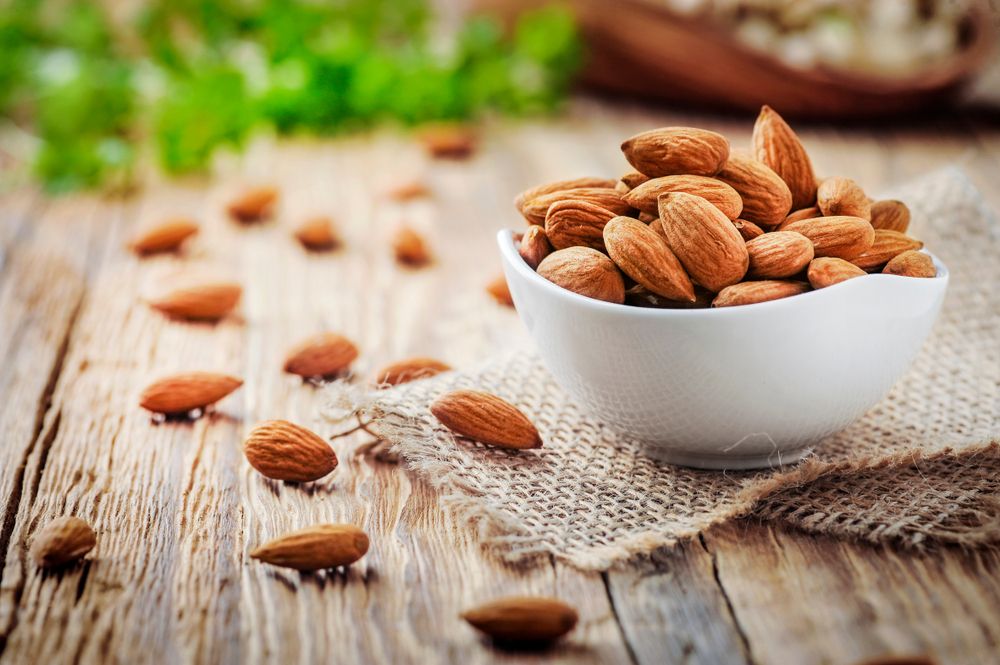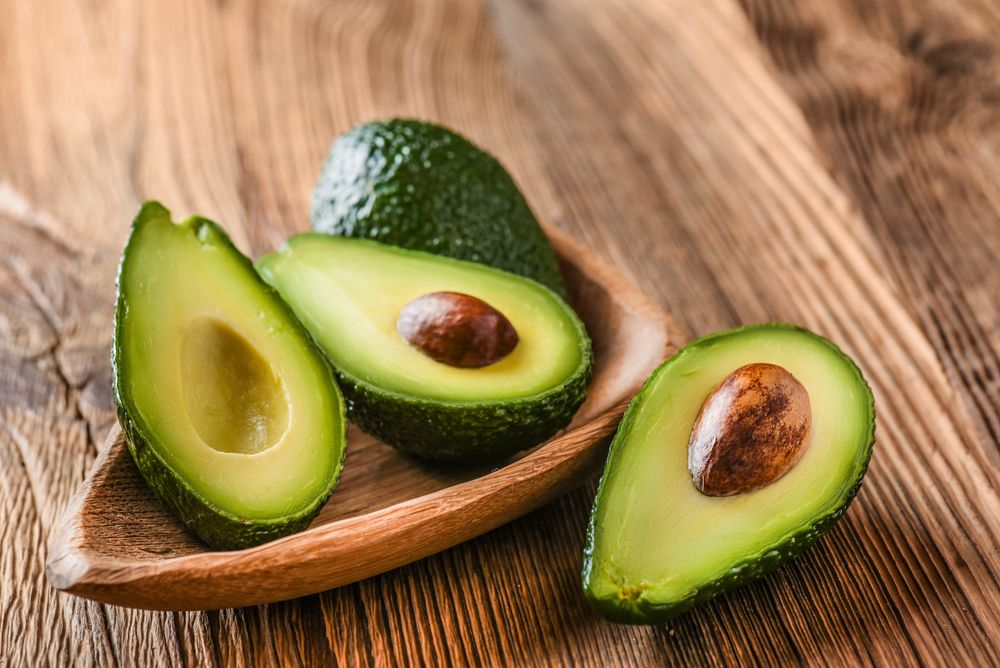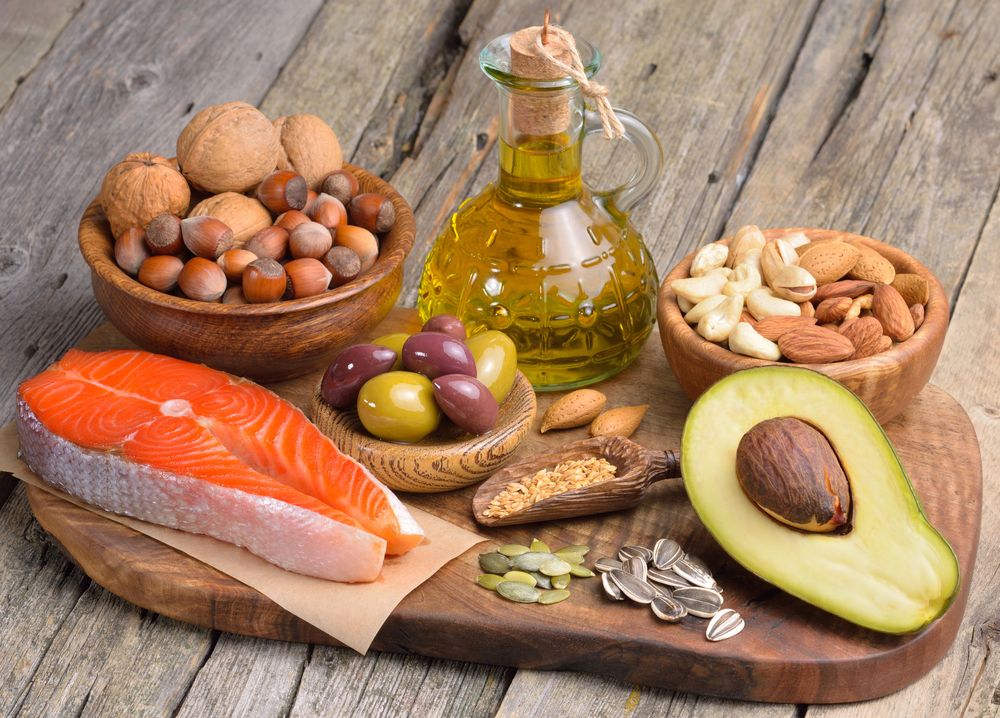Numerous health-conscious individuals find themselves perplexed when it comes to understanding the role of dietary fat in their nutrition. Following the low-fat trend of the 1980s and 1990s, many Americans adopted the belief that the key to minimizing the risk of heart disease and obesity was to adhere to a low-fat diet. This notion stemmed from the prevailing notion at that time that fat, being more calorie-dense than carbohydrates or protein, was likely to contribute to weight gain and heart issues. Consequently, numerous individuals turned to fat-free alternatives like SnackWells cookies and sugary gummies instead of incorporating wholesome, fat-rich foods such as nuts, seeds, and full-fat dairy products into their diets. However, as it turns out, there was insufficient scientific evidence to support the idea of a low-fat diet as a means of promoting health and longevity.
Fast-forwarding several decades, the consensus among health professionals is that it is the type of fat, rather than the quantity of fat, that holds significance for overall health and the reduction of chronic disease risk. Foods containing fat are a source of essential fatty acids crucial for the well-being of the brain, heart, eyes, and immune system. Dietary fat also plays a vital role in facilitating the digestion and absorption of fat-soluble nutrients, such as vitamins A, D, E, and K, as well as numerous fat-soluble phytonutrients. Furthermore, fat is digested slowly, which enhances the feeling of fullness. Feeling satiated after meals can aid in preventing overeating and make it easier to respond to natural hunger and fullness signals. Certain healthy fats can assist in maintaining a healthy body weight while reducing the risk of conditions like heart disease, diabetes, specific cancers, dementia, and more.
Let's explore the top 10 scientifically supported sources of beneficial fats.
1) Olive Oil

Olive oil stands out as one of the most extensively researched oils when it comes to its health and nutritional advantages. It holds a prominent place in the Mediterranean diet, renowned as one of the healthiest dietary patterns associated with longevity.
Rich in monounsaturated fats, olive oil, particularly extra virgin olive oil, offers a wealth of beneficial antioxidants and over 30 distinct olive polyphenols believed to contribute to its numerous health benefits. These monounsaturated fats play a role in lowering harmful LDL-cholesterol levels while maintaining high levels of beneficial HDL-cholesterol. Nevertheless, the advantages of olive oil extend far beyond cardiovascular health. For instance, some studies suggest that olive oil may support weight management, and there exists a substantial body of research, with over 300 studies, investigating the potential role of olive oil in reducing the risk of developing type 2 diabetes. A notable review study published in Clinical Nutrition reported a remarkable 22% reduction in the risk of developing type 2 diabetes among regular consumers of olive oil compared to individuals who incorporated other types of fats into their diets.
2) Almonds

Almonds possess a distinctive nutritional profile among tree nuts. A single serving, equivalent to 1 ounce or approximately 23 almonds, contains 14 grams of total fat, with a mere 1 gram being saturated fat. The remaining fat content comprises 9 grams of monounsaturated fat and 3.5 grams of polyunsaturated fat, which actively contribute to reducing harmful LDL-cholesterol levels while maintaining advantageous HDL-cholesterol levels.
A review article featured in the journal "Nutrients" highlights the heart-healthy benefits of incorporating almonds into your daily diet. It underscores that such inclusion can effectively lower LDL-cholesterol while keeping HDL-cholesterol levels in a favorable range.
Furthermore, a study published in "Clinical Nutrition ESPEN" revealed that individuals who consumed 20 grams of almonds before each of their main meals (breakfast, lunch, and dinner) experienced reduced blood sugar and insulin levels, along with lower body weight and body fat, compared to those who did not include almonds in their dietary regimen.
3) Almond Oil

This novel addition to most supermarket shelves is a versatile oil that you should consider keeping in your kitchen for its numerous health and nutritional advantages. Its nutritional profile closely resembles that of almonds, being rich in monounsaturated fat and containing just 1 gram of saturated fat per tablespoon. Additionally, it serves as an excellent source of vitamin E, with a single tablespoon providing 26% of your daily vitamin E requirement.
An animal model study featured in the "Journal of Nutritional Science" demonstrated that including almond oil with a carbohydrate-rich meal led to a reduced blood glucose response compared to the same meal without almond oil. Substituting almond oil for other fats high in saturated fat can also contribute to improved blood lipid profiles, lowering the risk of cardiovascular disease.
Almond oil boasts a delightful nutty, toasty flavor and possesses a low to medium smoke point, making it ideal for sautéing, marinating, baking, adding the finishing touch to dishes, or crafting delectable dressings. Like any health-conscious cooking oil, it's essential to store almond oil in a cool, dark place to preserve its nutritional benefits for as long as possible. An excellent almond oil option I recommend is SunnyGem 100% Virgin Cold-Pressed California Almond Oil, crafted from California-grown almonds and subjected to minimal processing.
4) Whole Milk from 100% Grassfed Cows

Milk is renowned for its high-quality protein and calcium content, but it also offers a wealth of 13 other indispensable nutrients, including potassium, B vitamins, vitamin D, selenium, and zinc. In terms of the dietary fat content in milk, organic milk sourced from 100% grass-fed cows boasts a superior overall nutritional profile and fatty acid composition compared to milk from cows that do not graze. Research published in the journal "Foods" reveals that milk from pasture-fed cows contains elevated levels of heart-healthy omega-3 fatty acids, vaccenic acid, and conjugated linoleic acid (CLA) while having fewer pro-inflammatory omega-6 fatty acids. Collectively, the fatty acid composition of grass-fed dairy may contribute to safeguarding against conditions such as diabetes, obesity, and metabolic syndrome, while enhancing heart health, and exhibiting antibacterial and anticancer properties.
A study featured in "Food Science & Nutrition" conducted an analysis of over 1,000 samples of Organic Valley Grassmilk derived from 100% grass-fed cows, reporting a remarkable 147% increase in omega-3 fatty acids compared to conventional milk and significantly higher omega-3 content than regular organic milk. Organic Valley Grassmilk is sourced from cows that exclusively consume a varied mix of grasses and other pasture vegetation, with no grain-based feed. A serving of whole milk contains 8 grams of total fat and 5 grams of saturated fat, providing 20% of the daily recommended calcium intake, 15% of the vitamin D requirement, and a host of other essential nutrients.
5) Avocados

Avocados are abundant in healthy monounsaturated fats, with a single serving (equivalent to 1/3 of a medium avocado) supplying 5 grams of these beneficial fats. Research indicates that individuals who incorporate avocados into their diet may reduce the risk of obesity, enhance blood sugar regulation to mitigate the risk of diabetes, and promote overall heart health. Each serving of avocados delivers 80 calories and 8 grams of fat, of which only 1 gram is saturated fat, while also providing a treasure trove of 20 essential nutrients. They serve as an excellent source of dietary fiber, vitamin K, folate, various B vitamins, copper, and a variety of advantageous phytonutrients. A review study featured in "Cureus" confirmed that avocados can lower harmful LDL-cholesterol levels while concurrently elevating beneficial HDL-cholesterol levels.
6) Flaxseeds

Seeds, in general, make for an excellent dietary inclusion due to their rich nutrient and fiber content, along with the provision of healthy unsaturated fats. Flaxseeds, in particular, stand out as an exceptional choice because they contain the plant-based omega-3 fatty acid known as alpha-linolenic acid. Research demonstrates that omega-3 fatty acids contribute to reducing overall inflammation and play pivotal roles in supporting brain, heart, and eye health.
A study featured in "Nutrition & Metabolism" revealed that introducing flaxseeds into participants' diets, administered in the form of a flax drink, led to a remarkable 12% reduction in total cholesterol and a 15% decrease in harmful LDL-cholesterol. Additional studies suggest that flaxseeds may lower the risk of diabetes, enhance joint health, and potentially reduce the susceptibility to certain types of cancer. A serving of flaxseeds, approximately 1/4 cup, supplies 170 calories, 11 grams of total fat, 2.5 grams of unsaturated fat, 8 grams of satisfying fiber, and 6 grams of protein. To maximize the absorption of the beneficial omega-3 fats present in flaxseeds, it is advisable to grind them before incorporating them into your meals and snacks.
7) Walnuts

Walnuts distinguish themselves as an exceptional fat source to incorporate into your dietary regimen due to their unique distinction as the sole nut significantly high in omega-3 alpha-linolenic acid. Omega-3s are indispensable fatty acids crucial for cognitive health, cardiovascular well-being, the mitigation of systemic inflammation, and the potential extension of one's lifespan.
A study featured in the journal "Nutrients" suggests that walnuts may enhance cognitive function among older individuals through various mechanisms. Additionally, walnuts provide a commendable source of protein, offering 4 grams per serving, along with 2 grams of dietary fiber and a mere 1.5 grams of saturated fat. Walnuts hold a foundational place in the traditional Mediterranean diet, widely recognized as a gold standard for promoting health and longevity.
8) Salmon

Incorporating salmon into your diet offers an excellent means of increasing your intake of beneficial omega-3 fatty acids, renowned for their distinctive health advantages. Both the American Heart Association and the Dietary Guidelines for Americans advocate the consumption of at least two servings of fish per week, with a particular emphasis on fatty fish varieties like salmon. A 3.5-ounce portion of cooked salmon provides 180 calories, 8 grams of healthy fats, 2.5 grams of omega-3 fatty acids, and 17 grams of protein. Additionally, it serves as an outstanding source of essential nutrients, including vitamin B12, vitamin B6, potassium, vitamin D, selenium, iodine, choline, and a host of others.
A review article published in "StatPearls" enumerates over 20 distinct health benefits attributed to omega-3s, encompassing a reduced risk of cardiovascular disease, type 2 diabetes, specific cancer types, depression, asthma, and rheumatoid arthritis, among numerous other conditions. Furthermore, according to the American Pregnancy Association, salmon is among the recommended seafood choices for pregnant and breastfeeding women, with the association providing lists of high-mercury alternatives that should be avoided.
9) Tuna

Similar to salmon, tuna frequently earns the endorsement of health authorities due to its abundant omega-3 fatty acid content. The presence of omega-3s in tuna offers protection against heart disease, specific cancer types, and systemic inflammation. Additionally, tuna is a valuable source of vitamin D, a vital component for a robust immune system. It also provides essential nutrients such as vitamin B12, iron, potassium, selenium, and iodine.
A study featured in the journal "Public Health Nutrition" discovered that light tuna packed in water is a superior choice for obtaining more omega-3s compared to tuna packed in oil. Tuna stands out as a lean protein option, furnishing approximately 23 grams of protein within a 100-calorie, 3.5-ounce serving. Pregnant women and young children need to seek guidance from healthcare professionals regarding the appropriate amount of tuna consumption, as it does contain higher levels of mercury compared to several other fish species.
10) Whole Eggs

In the past, eggs were often deemed detrimental to heart health due to their cholesterol content. However, contemporary research has shifted the perception, emphasizing the positive impact of eggs on heart health and overall well-being. The American Heart Association now recommends that individuals in good health aim for an average daily cholesterol intake of less than 300 milligrams, meaning that most of us can safely enjoy an egg per day without increasing the risk of heart disease.
A typical large egg contains approximately 5 grams of total fat, with just 1.5 grams being saturated fat. Eggs are a rich source of 13 essential nutrients, including relatively rare ones like vitamin D and choline. Moreover, studies indicate that a breakfast centered around eggs provides greater satiety compared to a carbohydrate-heavy breakfast with equivalent calorie content. Eggs also feature lutein and zeaxanthin, two carotenoids crucial for promoting eye health and reducing the risk of age-related macular degeneration, which is the primary cause of blindness among older Americans.

